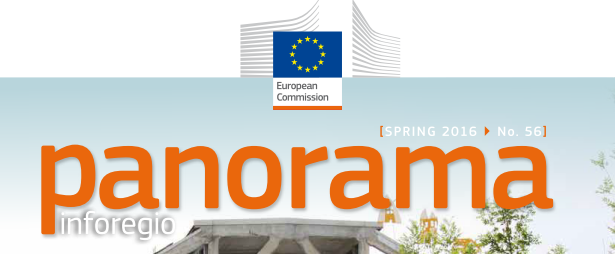Växjö in brief
Växjö is the administrative, cultural, and industrial center of Kronoberg County, located in the middle of the south of Sweden. The City is renowned for its environmental policy – it has been awarded several international awards for its environmental work. The BBC described Växjö as “the greenest city in Europe,” a phrase which has become the city’s slogan.
Växjö has a growth rate comparable to Sweden’s major cities – it expects its population to grow by 30,000 before 2030. Accordingly, there are large-scale plans for residential building construction in the City to accommodate this growth. Växjö’s rich and diverse business environment, which includes some 8000 businesses in a dynamic mix of size and sectors, is also expecting growth. The City has approximately 600 businesses within the IT sector. Other growing sectors include building and construction, tourism, and logistics.
Sustainability profile
In 1996, the City of Växjö decided unanimously to become fossil fuel free. The City’s 2014 Environmental Programme target is to eliminate the use of all fossil fuels in the town by 2030. All fuels from finite resources that cause emissions and climate change are to be phased out and replaced by fuels that are gentler on the environment. Växjö is the first local government body in the world to have taken such strong and decisive measures against fossil fuels.
In March 2015, Växjö mayor Bo Frank issued a declaration which urges the Swedish Government and European local authorities to take meaningful action to go fossil fuel free. The Växjö Declaration is a collaboration between the City of Växjö, Linnaeus University, and the green regional business network Sustainable Småland. By outlining the substantial measures the City of Växjö has already undertaken and then listing tangible actions that they wish to see the Swedish Government and European local authorities take, the Declaration aims to inspire significant policy changes in the regions that can best use the City as a reference.
Thematic priorities for the exchange
Low-carbon development: Over the course of the last 20 years the City of Växjö has successfully decreased its fossil CO2 emissions by 47%. The City of Växjö’s goal is to be fossil fuel free by 2030. It has already implemented a working CHP-plant for district heating, district cooling and electricity production with 100% biomass.
The City’s next challenge is to to develop a fossil fuel free city with a strong, sustainable transport system. In Växjö, cars are still a relatively common mode of transportation. The City is interested in developing a transport system that will allow citizens to conveniently and safely move around the city without the use of vehicles powered by fossil fuels. Växjö has adopted a transport plan with 52 measures and now needs action to change more trips to public transports and bicycles instead of cars.
Växjö is interested in becoming an integral node of Sweden’s longterm plan for an improved national rapid train system. The City believes both Växjö and Sweden can learn from Japan regarding this issue. Växjö is particularly interested in discussing fossil fuel-free city development and sustainable transport with other project cities.
